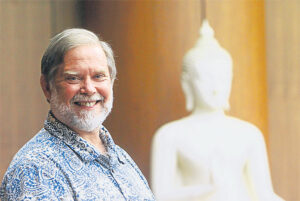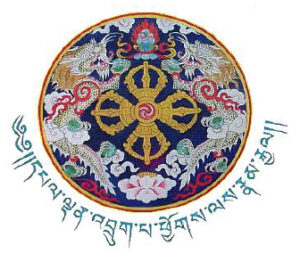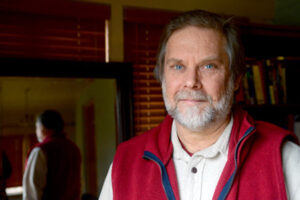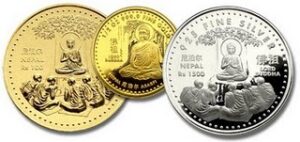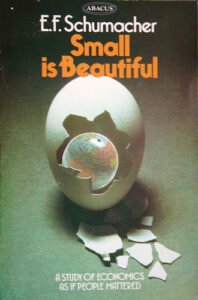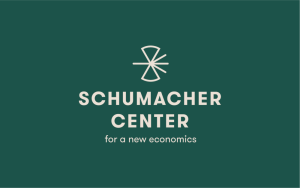
Buddhist Technology: Bringing A New Consciousness to our Technological Future – Dr. Arthur Zajonc
In this 1997 lecture, Dr. Arthur Zajonc, former President of the Mind and Life Institute, poetically addresses the future of technology through the lens of history while highlighting the importance of Buddhist principles for developing critical awareness of its world-changing power.

